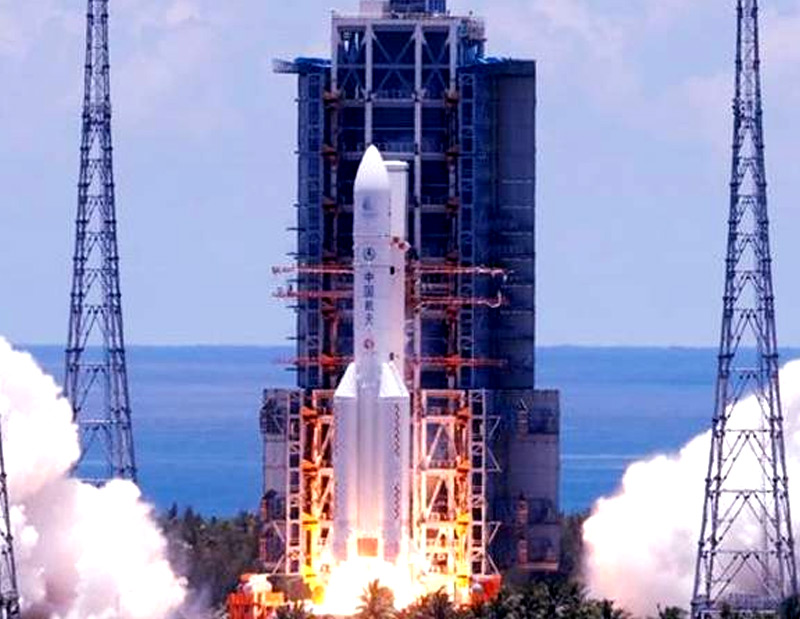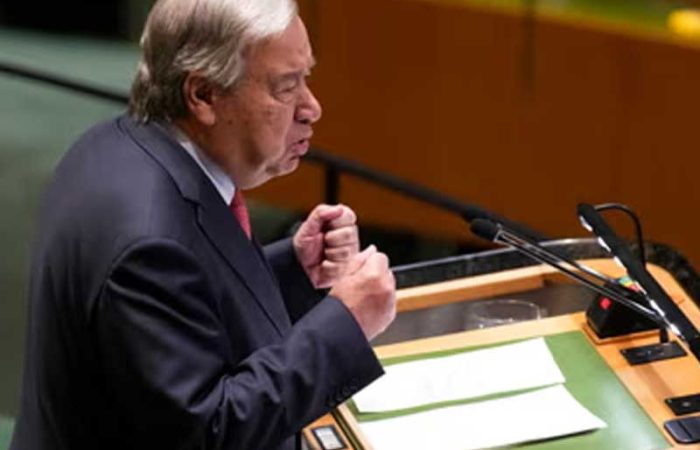In a remarkable display of collaboration and scientific advancement, China and Pakistan have joined forces to embark on a journey of lunar exploration. Their respective lunar missions heralded as significant milestones in space exploration, are poised to deepen our understanding of Earth’s celestial neighbor, the moon.
Pakistan’s inaugural lunar mission, ICube Qamar (ICUBE-Q), has officially commenced its voyage, marking a momentous occasion for the nation’s fledgling space program. Partnering with China, Pakistan has propelled itself onto the global stage of space exploration, following in the footsteps of other nations that have ventured beyond Earth’s atmosphere in pursuit of scientific discovery.

The launch of ICUBE-Q comes nearly nine months after India’s Chandrayaan 3 successfully soft-landed on the moon’s South Pole, a feat that captivated the world and showcased the subcontinent’s growing prowess in space exploration. Now, Pakistan’s entry into lunar exploration underscores the region’s commitment to pushing the boundaries of human knowledge and technological innovation.
ICUBE-Q’s journey began on Friday, as it embarked on its lunar mission aboard China’s Chang’e-6 orbiter. This collaboration between China and Pakistan represents a strategic partnership aimed at leveraging each other’s expertise and resources to achieve shared scientific goals. By pooling their efforts, the two nations hope to maximize the impact of their space exploration endeavors and contribute valuable insights to the global scientific community.

The significance of ICUBE-Q’s mission extends beyond the confines of national borders, embodying the spirit of international cooperation and collaboration in the pursuit of scientific discovery. As the spacecraft embarks on its voyage to the moon, it carries with it the hopes and aspirations of both nations, symbolizing their dedication to advancing human understanding of the cosmos.
With ICUBE-Q’s launch, China and Pakistan have underscored their commitment to exploring new frontiers in space and pushing the boundaries of human achievement. As the spacecraft ventures into the depths of space, it serves as a beacon of inspiration for aspiring scientists, engineers, and explorers around the world, reminding us of the boundless possibilities that await us beyond the stars.
The writer is a seasoned researcher and a criminologist currently working as a Senior Project Manager at the International Commission on Human Rights (ICOHR), a Human Rights NGO in Pakistan.



